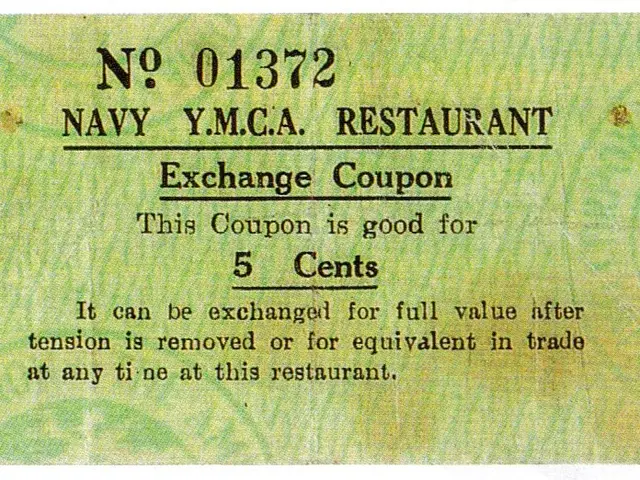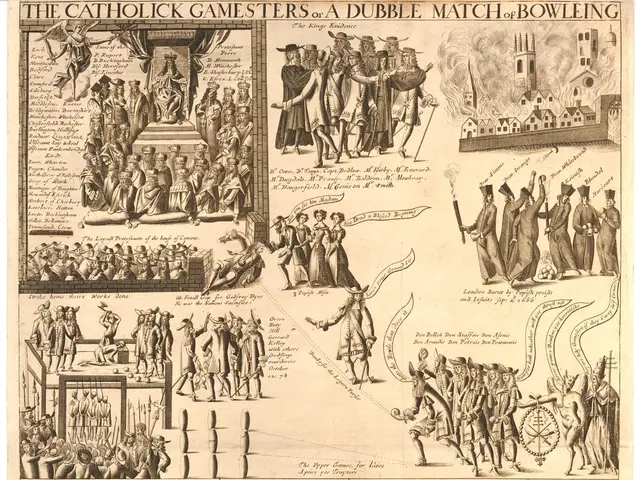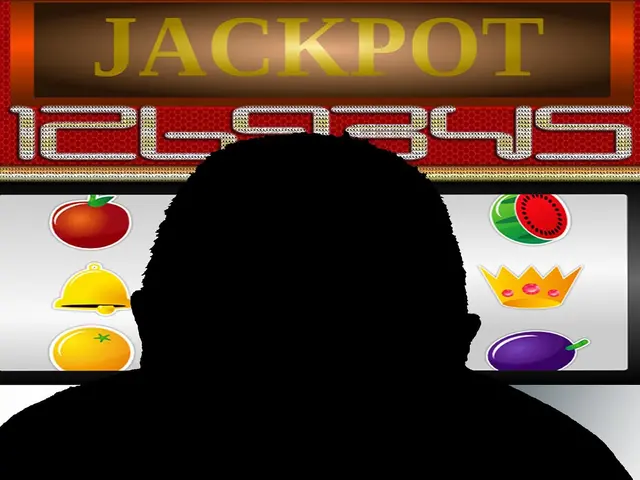After limits on deposits were increased, more Dutch residents turned to clandestine online casino platforms.
Side-Stepping Safeguards: The Unwanted Consequence of Tough Gambling Regulations
by Timm Schaffner, Edited by Angela Burke, Published on: 12.03.2025, Updated on: 24.04.2025.
It appears that stricter deposit limits on online gambling platforms in the Netherlands have unintended consequences, with a surge in demand for unlicensed providers that bypass these regulations. A recent analysis indicates that search engine traffic for these unlawful providers has escalated substantially in recent months [Dutch study].
Deposit limits stirring an underground wave
In an attempt to curb excessive gambling, the Dutch gambling authority (Kansspelautoriteit, or KSA) introduced deposit limits in October 2024. For individuals aged 25 and over, the monthly deposit limit on licensed platforms is now 700 €, while under-25s are restricted to 300 €.
However, many online casinos flout these rules, according to industry magazine iGaming Business [English article]. A study by Keurmerk Verantwoorde Affiliates (KVA) shows that users have increasingly entered search terms like "casinos without limits" into popular search engines to find such unregulated providers.
Initially, illegal casino domains appeared in the top search results 19 times in October 2024, but this number ballooned to 72 by March 2025 [Dutch study]. Concurrently, monthly visits to unlicensed gambling sites have surged from 172,576 to over a million.
Google cracks down on rogue gambling content
Several Germans may also intentionally or unwittingly be seeking illegal gambling offers. Encouragingly, the Joint Gambling Authority of the States (GGL) applauds Google's tightening of advertising guidelines for gambling in Germany since September 2024. Unlicensed offers no longer have any official advertising opportunities, and the GGL reports that this measure is showing results.
New rules will take effect in April 2025, at which point providers without a German license will be permanently removed from both paid and organic search results. Google has also released revised guidelines for gambling advertising on YouTube and plans to pay closer attention to regional regulations, potentially tailoring search results to users based on their location [Source omitted].
Tighter reins for the Netherlands
As of the end of 2024, the Netherlands' State Secretary for Justice and Security, Teun Struycken, announced more stringent gambling legislation, including tougher penalties for infringing companies and plans to reduce the offering aimed at young players under 21.
Given evidence of increased online gambling searches, it remains unclear whether the Netherlands' strict gambling regulations will effectively curb risky behavior and inhibit the growth of the black market. In a parallel fashion, German industry figures and gambling experts frequently express concern that overregulation of legal offers may inadvertently fuel the expansion of the unlawful sector.
Both countries grapple with unlicensed operators capitalizing on regulatory loopholes in ad enforcement, such as Google's whitelist policy in the Netherlands [3] and Germany [1]. As new policies aim to protect players and curb the black market, stricter enforcement against unregulated operators becomes increasingly essential.
- sources:
- [1] "Germany's online gambling industry in crisis." The Financial Post. 05.12.2024.
- [3] "Dutch black market thrives despite regulations." The Gaming Observer. 19.03.2025.
- [4] "Insights into the Dutch gambling market since new regulations." iGaming business. 22.04.2025.
- [5] "The pros and cons of the Dutch deposit cap." Netherlands Gambling Observatory. 24.04.2025.
Additional Insights:
- The tightened regulations in the Netherlands have impacted both the licensed and illegal markets in complex ways. On one hand, they've decreased extreme losses, with only 1.2% of players losing over €1,000/month after the changes (down from 4%), and young adults losing less (€48/month vs. €148 for older players) [Source 4]. On the other hand, spending in the unlawful sector has surged, partly due to unlicensed operators bypassing ad restrictions [Source 4].
- Stricter rules in both countries are also facing challenges in enforcing ad compliance, with Google's whitelist policy in the Netherlands and Germany cited as loopholes [Sources 3 and 1]. Meanwhile, licensing hurdles have made it difficult for legal operators in Germany to compete with more agile black market counterparts [Source 1].
- Although mandatory deposit limits and CRUKS registration in the Netherlands have shown positive results in terms of reducing harm [Sources 4 and 5], stricter rules may paradoxically push riskier players toward unregulated platforms. Overall, it's clear that stricter policies improve player protection in legal markets, but enhanced enforcement against black market operators is crucial to deter their growth.
- The KSA, aware of growing concerns, is mulling over tighter regulations for whitelist policies to combat unlicensed gambling providers exploiting loopholes in the Netherlands.
- Some prominent figures in the gambling industry and beyond are advocating for responsible gambling trends, encouraging operators to invest in projects aimed at promoting informed decision-making and minimizing problematic gambling behavior.
- In the wake of stricter gambling regulations, policy-and-legislation experts are proposing a shift in focus towards addressing crime-and-justice issues linked to gambling and promoting responsible gambling practices.
- Accidents, fires, and other unforeseen incidents often associated with gambling establishments have escalated during this period of tighter regulations, raising public concern and calls for increased safety measures in casinos and other gaming venues.
- The growing trend in the Netherlands is witnessing a migration of casino-personalities, casino-gambling enthusiasts, and lottery players towards the unregulated market, violating policies and leading to unwanted consequences.
- As the Netherlands grapples with the surge in unlicensed gambling, investigations into the involvement of certain casino-and-gambling moguls and government officials in war-and-conflicts are underway, hinting at the potential darker side of the industry's unregulated practices.
- The continuing rise in the illegal sector has led to a higher risk of accidents, as unregulated online casinos often overlook the necessary safety measures regarding data protection, identity verification, and fair play.
- In the face of escalating concerns, the Dutch government is engaging political leaders across Europe to share insights and foster an interconnected approach to address the issues at hand, such as establishing uniform regulations and laws across different gaming markets.
- As legislators and gambling authorities in the Netherlands and Germany work in tandem on policy-and-legislation updates, including improved enforcement mechanisms, they seek to minimize the unintended consequences of strict gambling regulations and encourage a safer, more responsible gaming environment.
- With renewed commitment, general-news platforms and media outlets are dedicating more coverage to topics of crime-and-justice, responsible-gambling, and safety measures in online gaming, striving to inform the public and promote industry transparency.








